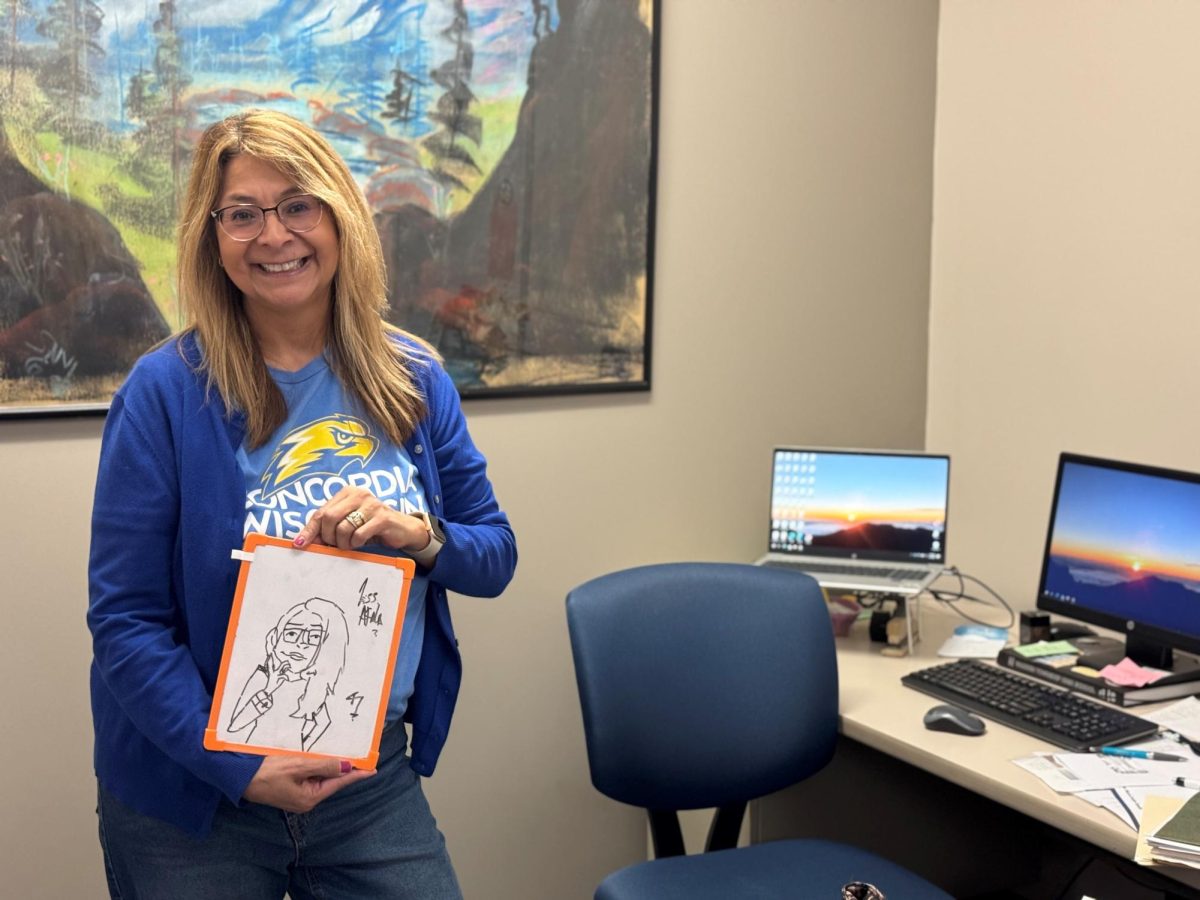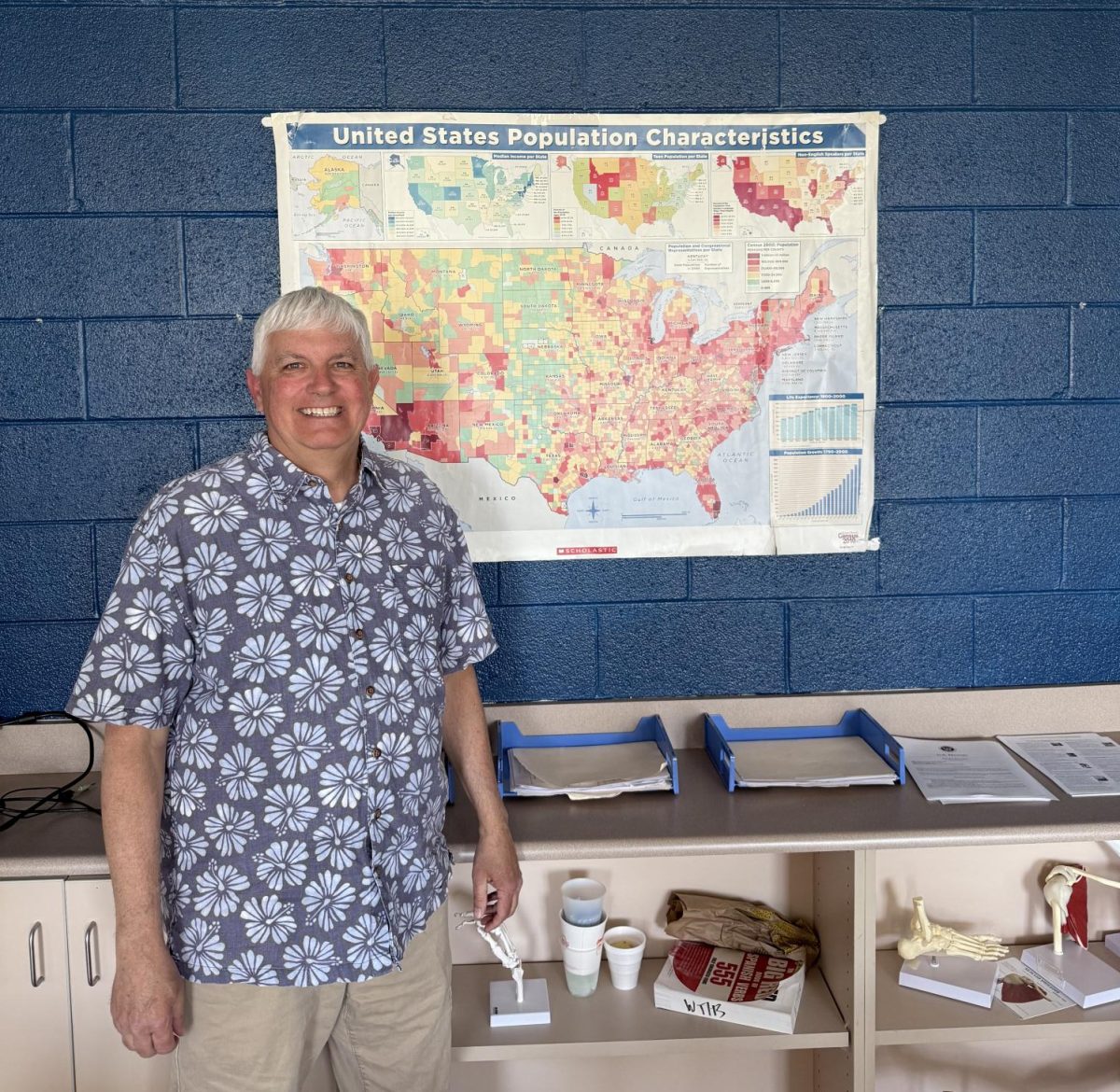How do students prepare for finals?
December 12, 2022
High school and college students all over the country are starting to prepare for – and even take – their final assessments of the school year. While frightening, finals provide some students with an opportunity to save their grade, bump it up to the next highest level and see if they can raise their grade point average. For other students, they dread the test because the idea that they will not do well is stuck in their heads, despite the fact that it very well could be false. Regardless of outlook, everyone is looking through flashcards, study guides, and notes that they have taken throughout the semester–a lot of information to take in all at once. Whether overwhelmed or completely cool, how do students prepare for finals?
“I usually just try to review what I don’t know before I review what I do,” says Drew Evitts, a freshman at the University of Louisville in Kentucky. “I very rarely stress about tests, assignments, or school in general, but when I arrived in college my view completely changed; I couldn’t sleep, I was so nervous.” Evitts and many other students try their best to make sure they know as much as they can, especially the night before, which can cost them valuable rest the day before their tests. As a mechanical engineering major, he has to study for classes such as chemistry and calculus.
Bridgette Wilson, a junior at Pratt, is an animation major. “It’s a lot of final projects, short films, and papers rather than tests or exams,” She explains. “My version of ‘studying’ is more researching. These projects are really in-depth and require a lot of planning and time management to curate the best result possible.”
Regardless of the project, or exam, both Evitts and Wilson talk about how they need to put time and effort into what they do, and have learned through trial and error that procrastination never yields desirable results.
Many students have study habits that they will live and die by, whereas others are so overwhelmed with material they have no idea where to start; psychology has the answer. In a meta analysis titled What Works, What Doesn’t, scientists gathered data from over 700 studies regarding memory and the best ways to memorize to find what works, and what doesn’t (Dunlosky, et. al).
According to the data, the best ways to study are to quiz yourself on the material as well as distributed practice, or splitting up the time that you study instead of trying to cram the night before your calculus final. For self-testing, students can use flashcards, provided study guides, or practice tests that can be found online. As always, you can ask friends and teachers for help as well. In terms of distributed practice, take a chunk of time every day to look over notes and other material. If these two methods do not work, you can also try to re-explain the material to yourself, or attempt to study multiple topics at a time. It may sound crazy now, but it has been proven to work for the majority of students.
This past Friday and Monday, Warren has provided both the Almond and O’Plaine campuses with a “De-stress Fest”. The school brought in therapy dogs, cookies to decorate, hot chocolate, and a variety of board and video games that the students could play during their lunch periods. The object of the event was to give students a fun, exciting environment so that they could momentarily forget about the stress that comes with finals and enjoy themselves in the school setting. It was a wonderful idea, and I had a great time petting dogs and playing Wheel of Fortune in the black-box theater and library.
Personally, I try my best to spread out my time when I’m studying, and this is not just for psychological purposes. By dividing up my time, I avoid a lot of stress and feelings of being overwhelmed by only doing so much at one time. For the most part, I have seen positive results, and am going to continue using these study habits and strategies into college. Overall, time management seems to be the key to strong memory and positive test results – don’t wait until the last minute, as no one benefits.
Dunlosky, John, et al. “What Works, What Doesn’t.” Scientific American Mind, University of Wisconsin, 1 Jan. 2015, https://wcer.wisc.edu/docs/resources/cesa2017/Dunlosky_SciAmMind.pdf.









